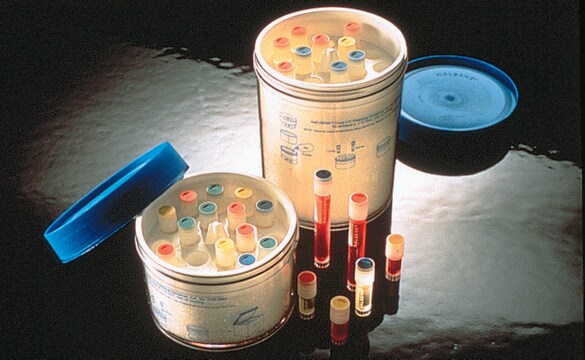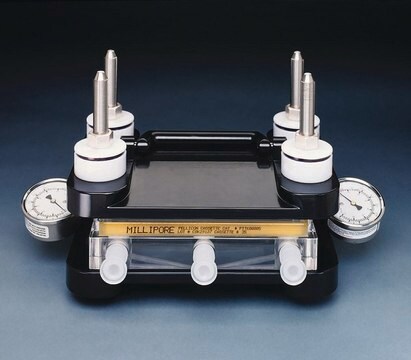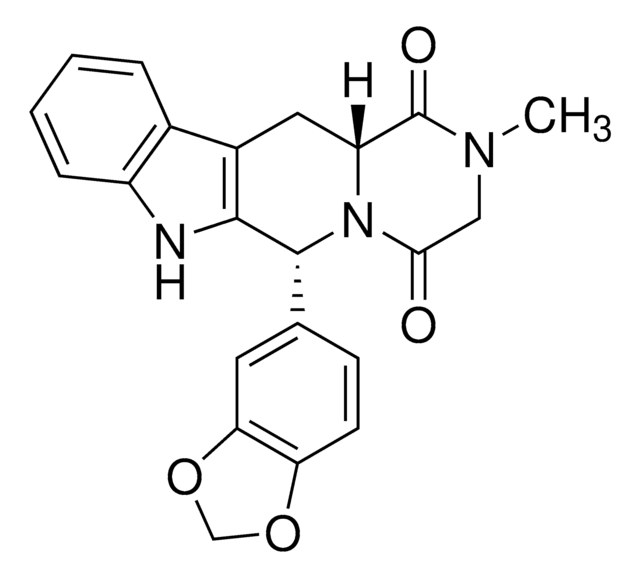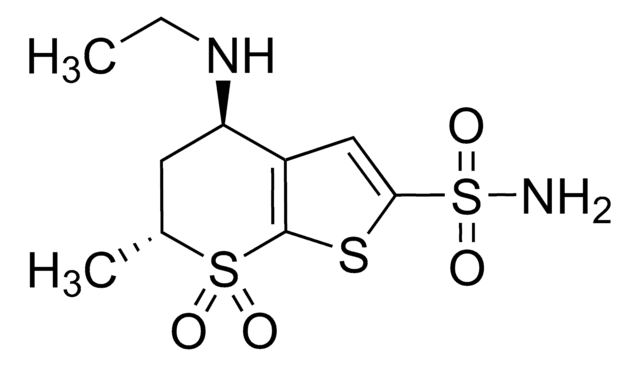MABF2051
Anti-Chikungunya virus Antibody, clone 6A11
clone 6A11, from mouse
Synonym(e):
CHIKV, E1 Protein
About This Item
Empfohlene Produkte
Biologische Quelle
mouse
Qualitätsniveau
Antikörperform
purified immunoglobulin
Antikörper-Produkttyp
primary antibodies
Klon
6A11, monoclonal
Speziesreaktivität
virus
Verpackung
antibody small pack of 25 μg
Methode(n)
immunocytochemistry: suitable
western blot: suitable
Isotyp
IgG2bκ
Posttranslationale Modifikation Target
unmodified
Allgemeine Beschreibung
Spezifität
Immunogen
Anwendung
Immunocytochemistry Analysis: A representative lot detected Chikungunya virus in BHK cells infected with CHIKV (Courtesy of an outside independent laboratory).
Qualität
Isotyping Analysis: The identity of this monoclonal antibody is confirmed by isotyping test to be mouse IgG2b .
Zielbeschreibung
Physikalische Form
Sonstige Hinweise
Sie haben nicht das passende Produkt gefunden?
Probieren Sie unser Produkt-Auswahlhilfe. aus.
Analysenzertifikate (COA)
Suchen Sie nach Analysenzertifikate (COA), indem Sie die Lot-/Chargennummer des Produkts eingeben. Lot- und Chargennummern sind auf dem Produktetikett hinter den Wörtern ‘Lot’ oder ‘Batch’ (Lot oder Charge) zu finden.
Besitzen Sie dieses Produkt bereits?
In der Dokumentenbibliothek finden Sie die Dokumentation zu den Produkten, die Sie kürzlich erworben haben.
Unser Team von Wissenschaftlern verfügt über Erfahrung in allen Forschungsbereichen einschließlich Life Science, Materialwissenschaften, chemischer Synthese, Chromatographie, Analytik und vielen mehr..
Setzen Sie sich mit dem technischen Dienst in Verbindung.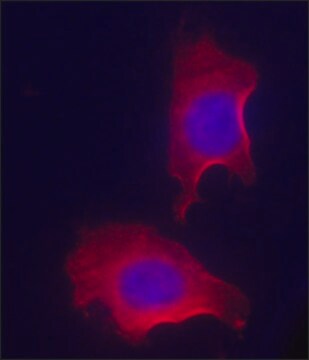
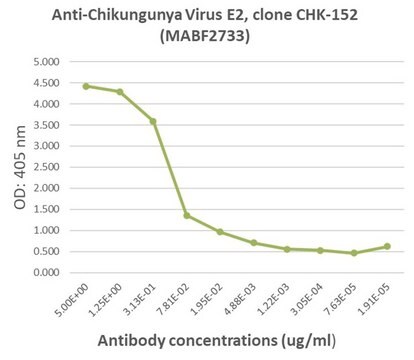

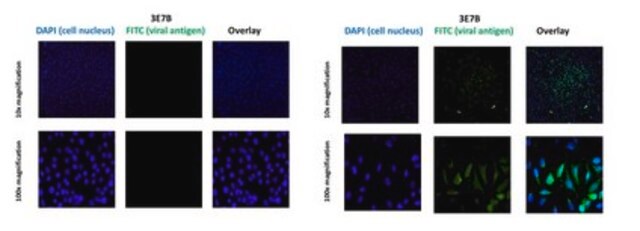

![Refractive index standard traceable to NIST, traceable to PTB, [α]/D 60°, Brix CERTIPUR®](/deepweb/assets/sigmaaldrich/product/images/137/112/c7ee9f1e-5b1a-475f-9853-3595c8466217/640/c7ee9f1e-5b1a-475f-9853-3595c8466217.jpg)
